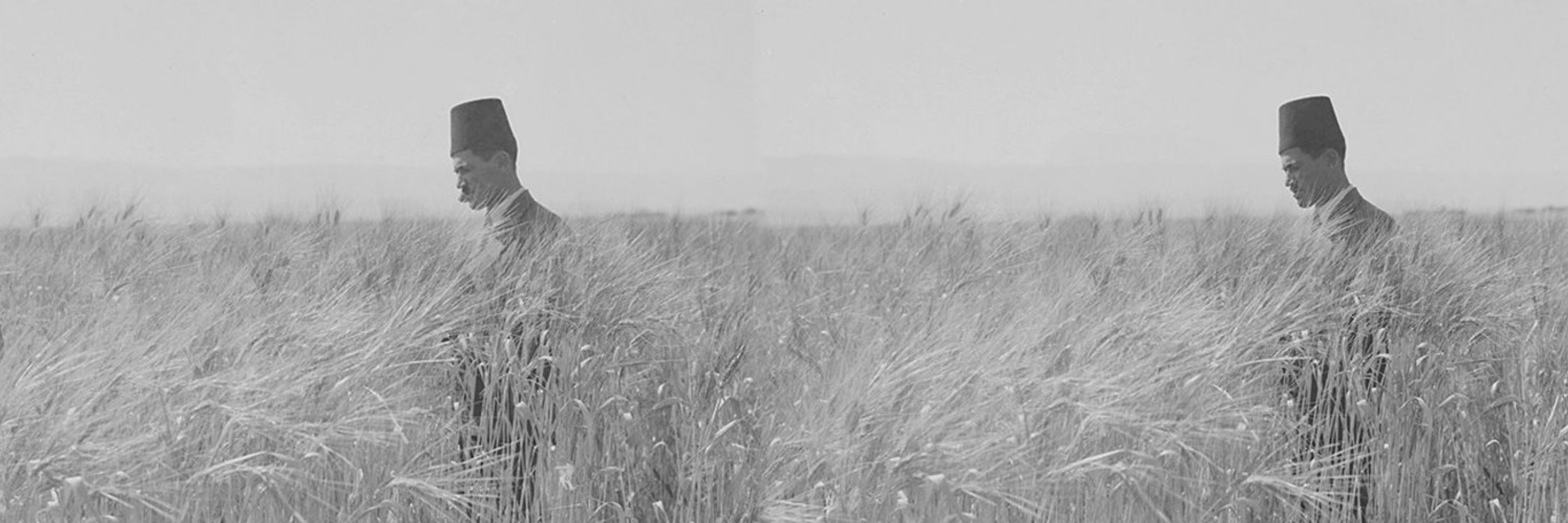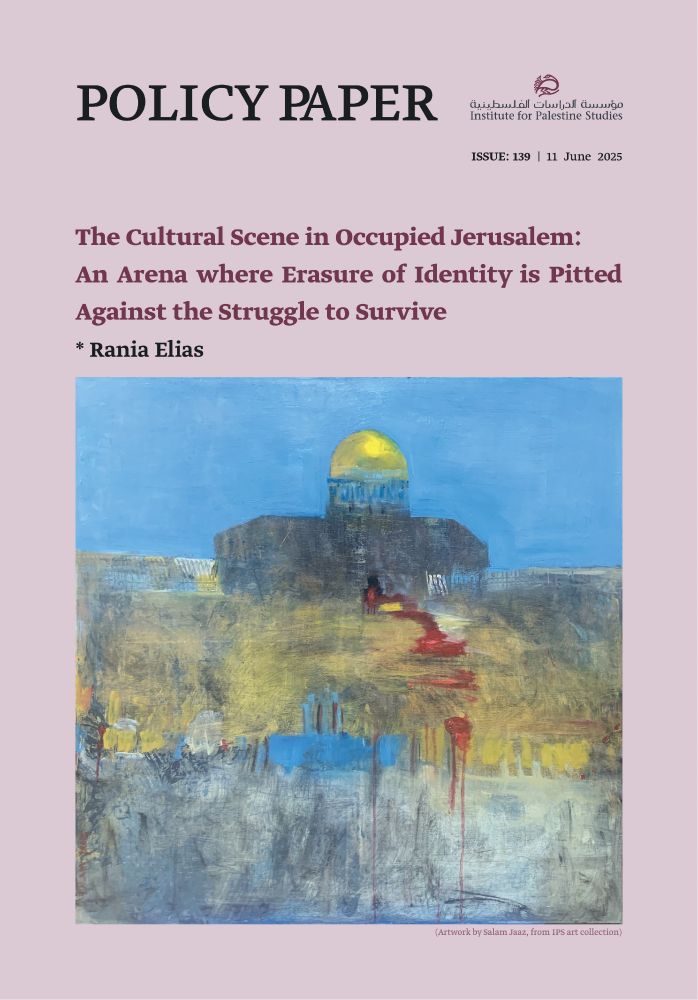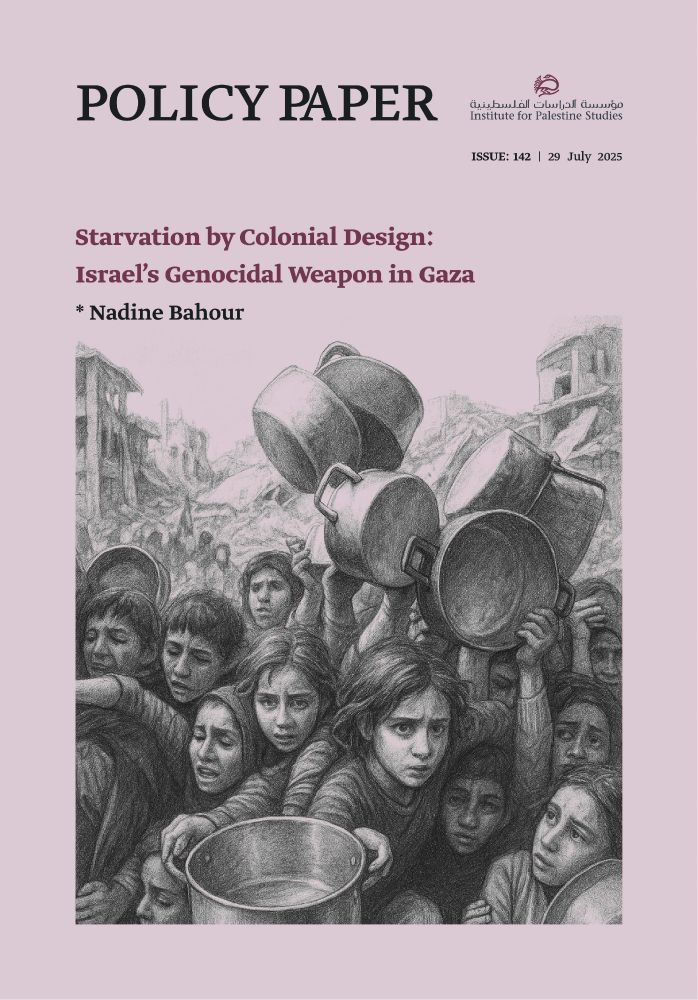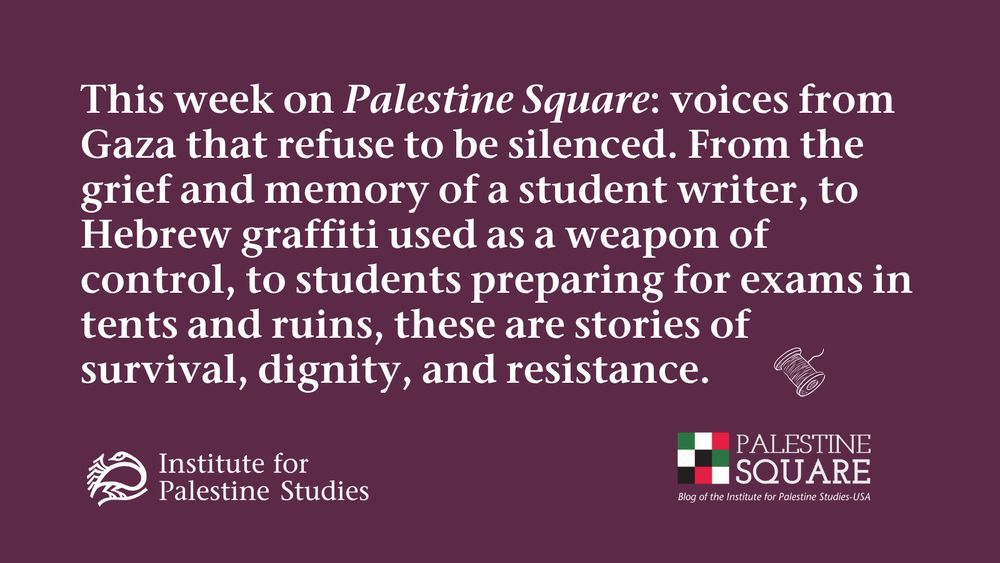
Explore, write, signup: https://linkin.bio/palestinestudies
🔗 www.palestine-studies.org/en/node/1657...

🔗 www.palestine-studies.org/en/node/1657...
🔗https://www.palestine-studies.org/en/node/1657407

🔗https://www.palestine-studies.org/en/node/1657407
Read the policy paper: www.palestine-studies.org/en/node/1657...

Read the policy paper: www.palestine-studies.org/en/node/1657...


Details: www.palestine-studies.org/en/node/1657...

Details: www.palestine-studies.org/en/node/1657...













www.palestine-studies.org/en/node/1657...

www.palestine-studies.org/en/node/1657...
🔗 WEBINAR REGISTRATION: www.palestine-studies.org/en/node/1656...

🔗 WEBINAR REGISTRATION: www.palestine-studies.org/en/node/1656...








